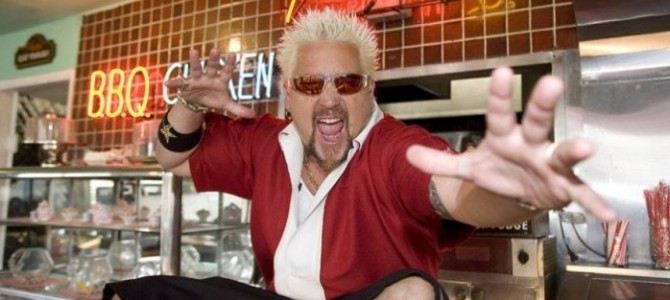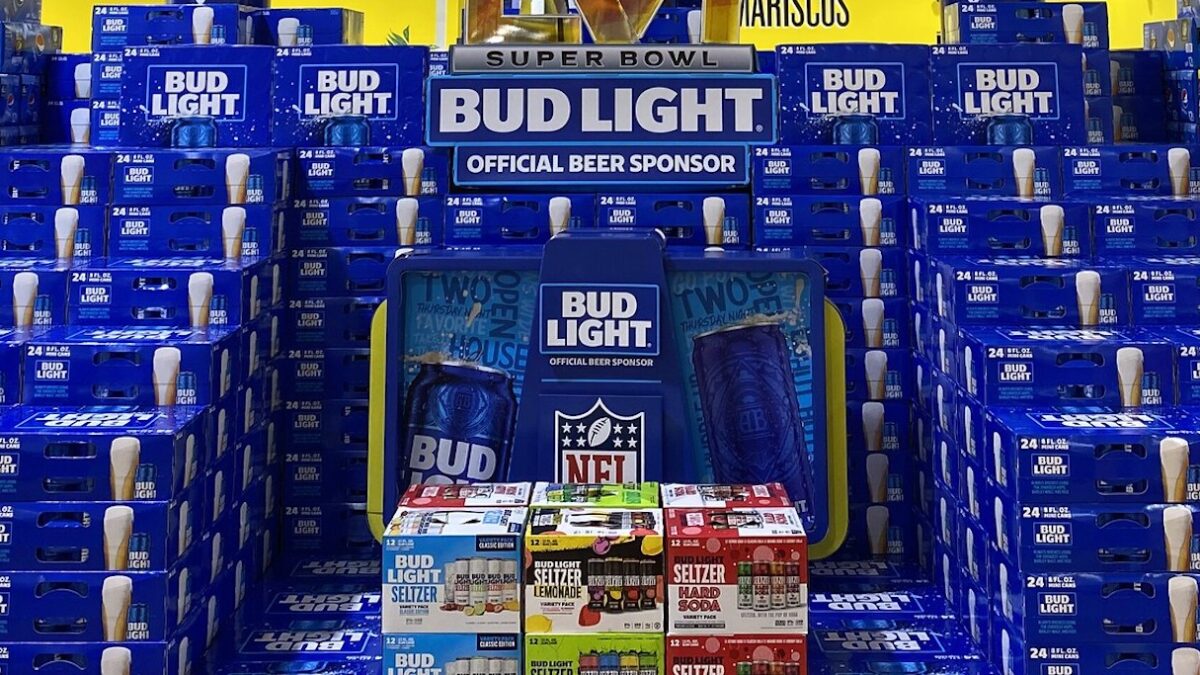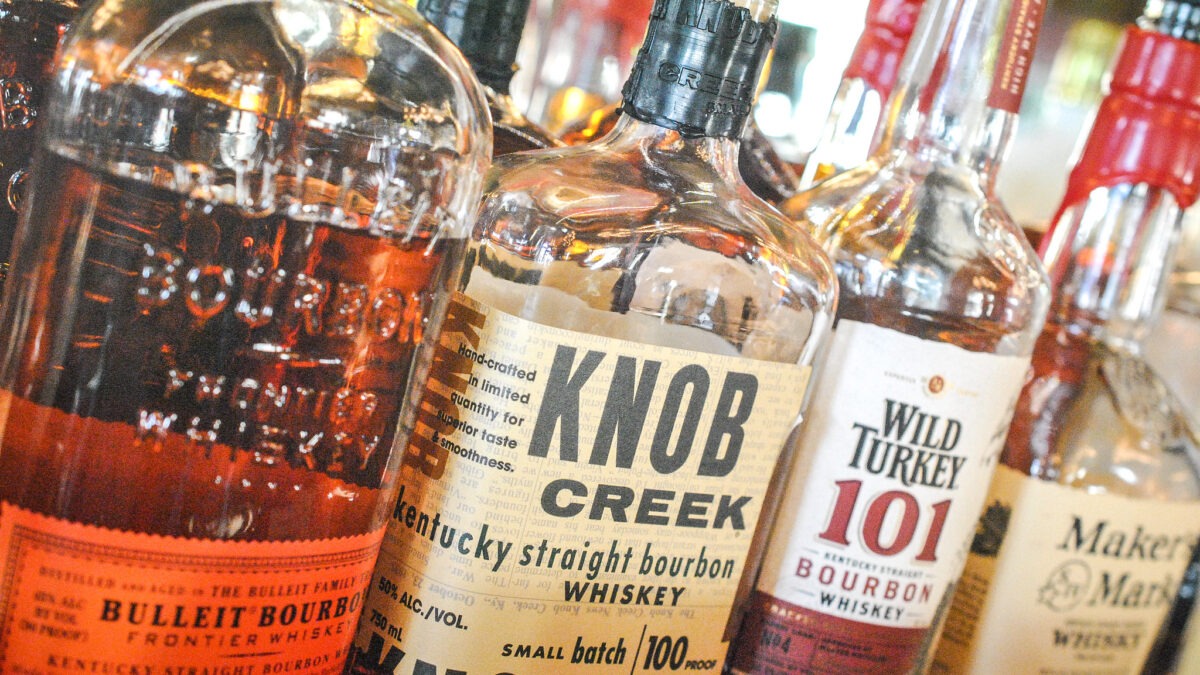
When the robots write the history of our fall, they will begin with the late 1990s decomposition of “The Real World.” MTV’s series, the progenitor of modern reality television, started so promisingly. It tailed twenty-somethings grappling with conflicts of politics, culture, and personality. The cast’s introspection facilitated the viewer’s introspection. It was meta-reflection for the public good.
But the show deteriorated in a spectacularly profligate fashion. Opting to chase ratings and buzz, producers started casting those likeliest to brawl and booze. Subsequent seasons fueled societal voyeurism, and America tuned in to see its young fellow citizens at their worst. The show’s current incarnation defies parody. “Season 31: Go Big or Go Home” is set in a “tricked-out suite” in Vegas; it’s an “over the top,” “wild, adrenaline-filled” ride.
But “The Real World’s” lasting legacy would be its descendants. It launched a generation of televised libertinism, reality programming that showcased the nasty brutishness of the human condition. We gobbled it up, and cardinal vices proved ratings winners: e.g., lust (“Cheaters,” “Temptation Island”), greed (“The Real Housewives,” “My Super Sweet Sixteen”), envy (“Keeping Up with the Kardashians,” “Trading Spouses”), pride (“Top Model”), wrath (“Hell’s Kitchen”).
The Anti-Robot Reality Show
This all reached its macabre apotheosis in 2014 when ABC Family broadcast “The Hunger Games.” In millions of households, actual humans watched fictive humans watch children in mortal combat. Meta turned morbid.
Perhaps the robots’ Edward Gibbon will someday offer the big reveal of how they hoodwinked us into contributing to our own demise. But of one thing we can be absolutely certain: The official history of this era will expunge any mention of our nearly successful, televised bulwark against the robots’ rise. Accounts of this doughty program (and its doughy leader) will instead be passed down in whispers by the subjugated sapiens. Our overlords will spare no expense rooting out the legend of “Diners, Drive-Ins, and Dives.”
Ostensibly a show about a guy visiting kitschy restaurants, DDD will come to be viewed, through robot-hindsight, as full-scale perniciousness. It celebrates humanity’s best but deceptively wraps it in camp, like five-star fare flambéed tableside. There’s the gaudy red convertible, the hokey clip-art title sequences, and the amateurish scripts. Its protagonist, Guy Fieri, is a portly, goateed, tattooed, bleached-haired, flip-flopped, cargo-shorted, pinky-ringed bro.
Nevertheless, DDD may be the most conservative program on television. Fieri, a successful chef and restaurateur, travels to every corner of America, celebrating longstanding eateries. These are not sparkling modern marvels. At best, they appear simple and quaint; often they seem like dilapidated haunts.
DDD is the anti-“Lifestyles of the Rich and Famous,” which venerated opulence. Fieri will be found in highway pit stops, dirt-road sandwich shops, strip-mall joints, and urban eateries. He’s equally at home talking burgers, kimchi, jerk, or Tex-Mex.
In Love with Depth and History
Most spots getting the DDD treatment have Mariana-Trench depth. They’ve been part of their communities’ fabrics for decades. Patrons revere them, and, with their children in tow, often tell stories of their own childhood experiences at these places. They are the culinary components of civil society. Somewhere, Alexis de Tocqueville is smilingly ordering a potpie.
But most of the show has Fieri in the kitchen, appreciating the craft of cooking. This is where DDD’s traditionalism shines. Chefs walk him through preparing several dishes, each with its own story—skills learned from grandmothers, recipes borrowed from the old country. Like all valuable longstanding institutions, most of these dishes are fundamentally sound; they’ve proven themselves robust after ages of pressure testing and countless micro-adaptations. This is food as wisdom and experience. It is not—like molecular gastronomy—food as fetishization of science.
Fieri—well trained, experienced, and wealthy—could be a pedant. But he never is. He narrates, plainly explaining the techniques being used, calling attention to subtle practices. A Mississippi-Delta shack making a roux, a truck stop starting all of its stocks with mirepoix. He loves farm and garden-to-table. He only visits places that make dishes from scratch. DDD is Rod Dreher’s Crunchy Conservatism in full flourish.
This Guy Is Awesome—Quick, Attack!
The robots quickly sensed the existential threat Fieri-ism posed to their ambitions. His aw-shucks conservatism could be insidious. Before long, humans might unwittingly be convinced of the virtues of preserving modesty, experience, and prudence and grow skeptical of the immediate, the new, and the shiny. So they set about to undo him.
At first, they used the sophisticates at the The New York Times to brutalize Fieri’s restaurants. They sic’ed Salon on him. They even somehow manipulated crunchy conservatism’s Dreher into scourging him! But Fieri remained.
So the robots crowded DDD’s reality-food space with an array of vice-based programming. “Top Chef,” “Chopped,” and “Cutthroat Kitchen” turned food, well, cutthroat. “Ace of Cakes” and “Cake Wars” glamorized insulin-resistance. “Mystery Diners” showed the underbelly of the food industry. But Fieri remained.
So the robots maxed their deviousness. Understanding the reality-television appeal of deadly sins and hoping to appropriate his affable dude-ness, they developed a program glorifying gluttony and showcasing a Fieri replica.
“Man vs. Food,” hosted by the tragicomic Adam Richman, was a garish monument to indulgence. It was an almost implausibly depraved concoction of hedonism, masochism, and sport. Richman traveled hither and yon searching for eating challenges, force-feeding himself indescribable abominations while throngs cheered.
Perhaps “Man vs. Food” would cannibalize DDD’s audience. Maybe repulsed viewers would give up on the entire reality-food subgenre. Perhaps Richman’s edacious exploits would accelerate the societal declension “The Real World” had started. From their point of view, any of these would suffice—anything to torpedo Fieri’s country-lawyer defense of propriety.
But after four seasons, Richman’s health unsurprisingly decayed and his show ended. Fieri and DDD—now in its twenty-fourth season—remained.
Robots and progressives generally see the past as primitive and the present as the accretion of its errors. But conservatism, as Yuval Levin has written, is backward-looking gratitude. We are thankful for the good our predecessors have done. So, as we consider conservative icon Guy Fieri, we should be surprised neither by his celebration of deep-rooted places and practices nor his incessant cheer. Likewise, we should fully expect the highbrow set to detest him as DDD rolls on and he smiles until the Singularity.









